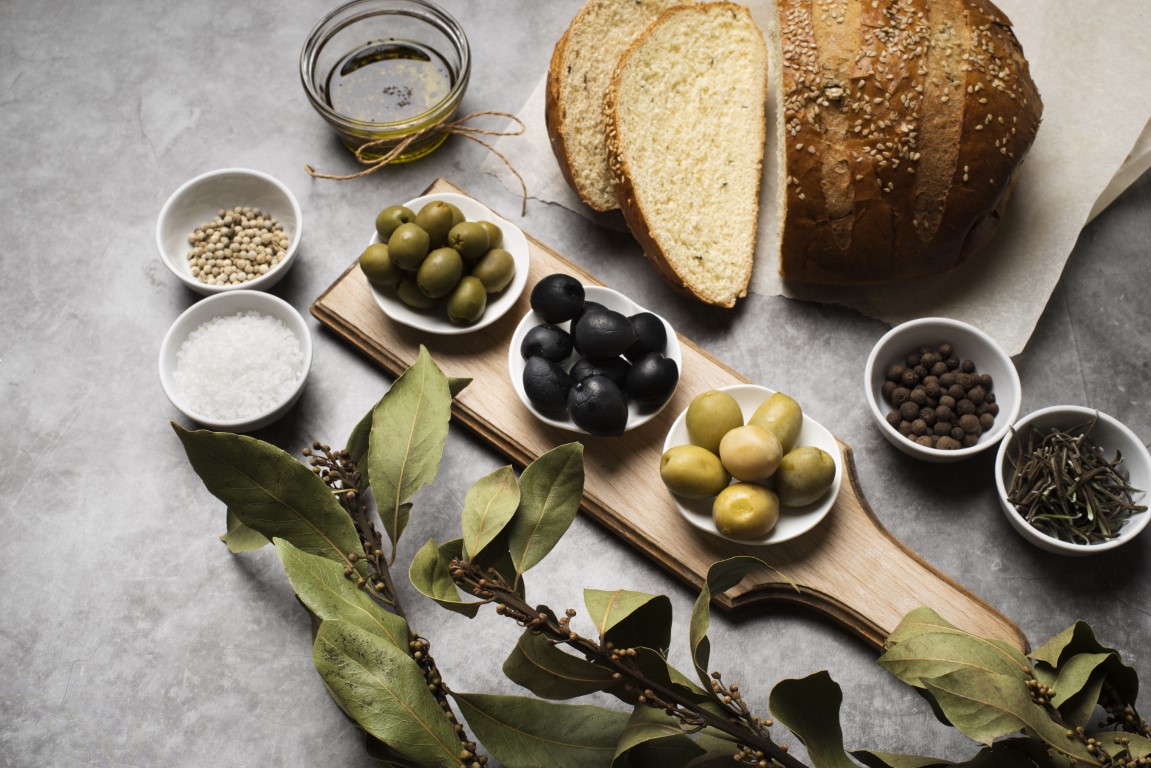This website uses cookies so that we can provide you with the best user experience possible. Cookie information is stored in your browser and performs functions such as recognising you when you return to our website and helping our team to understand which sections of the website you find most interesting and useful.
Strictly Necessary Cookie should be enabled at all times so that we can save your preferences for cookie settings.
This website uses the following additional cookies:
(List the cookies that you are using on the website here.)
| wordpress_logged_in_f0ac0d454302295e212abdd6a3367e08 | .alpha2omegaoil.com | / | Session | 189 | ✓ | ✓ | Medium | |||
| roundcube_sessid | .alpha2omegaoil.com | / | Session | 48 | ✓ | ✓ | Medium | |||
| roundcube_cookies | .alpha2omegaoil.com | / | Session | 24 | ✓ | ✓ | Medium | |||
| cpsession | .alpha2omegaoil.com | / | Session | 71 | ✓ | ✓ | Medium | |||
| CONSENT | .gstatic.com | / | Session | 16 | Medium | |||||
| _gid | .alpha2omegaoil.com | / | Session | 31 | Medium | |||||
| webmailsession | .alpha2omegaoil.com | / | Session | 86 | ✓ | ✓ | Medium | |||
| _ga | .alpha2omegaoil.com | / | Session | 30 | Medium | |||||
| wordpress_sec_c72fa92dfd890067aa78759019e096fb | alpha2omegaoil.com | /wp-content/plugins | Session | 183 | ✓ | ✓ | Medium | |||
| wp_woocommerce_session_c72fa92dfd890067aa78759019e096fb | alpha2omegaoil.com | / | Session | 126 | ✓ | ✓ | Medium | |||
| woocommerce_cart_hash | alpha2omegaoil.com | / | Session | 53 | Medium | |||||
| woocommerce_items_in_cart | 1 | alpha2omegaoil.com | / | Session | 26 | Medium | ||||
| mp_8cce373b255e5a76fb22d57b85db0c92_mixpanel | .alpha2omegaoil.com | / | Session | 885 | Medium | |||||
| wordpress_test_cookie | alpha2omegaoil.com | / | Session | 36 | ✓ | Medium | ||||
| wp-settings-2 | libraryContent%3Dbrowse | alpha2omegaoil.com | / | Session | 36 | ✓ | Medium | |||
| PHPSESSID | 31dc1f7361853cac79d7408062ab9559 | alpha2omegaoil.com | / | Session | 41 | Medium | ||||
| wp-wpml_current_language | en | alpha2omegaoil.com | / | Session | 26 | Medium | ||||
| wp-settings-time-2 | 1593239475 | alpha2omegaoil.com | / | Session | 28 | ✓ | Medium | |||
| wordpress_logged_in_c72fa92dfd890067aa78759019e096fb | yorgokastri%7C1601736210%7CUoOhHSaWI1KOVnr0BMQxiUw1KaPrLpFR6GnE10UwJPI%7C16ed51c4a487f4840d53543d3727a12e59dabba6652001301f045020f95d8b24 | alpha2omegaoil.com | / | Session | 189 | ✓ | ✓ | Medium | ||
| tk_ai | woo%3AiC6eGC7pNRJOOw4vR%2BH0KqZl | alpha2omegaoil.com | / | Session | 37 | Medium | ||||
If you disable this cookie, we will not be able to save your preferences. This means that every time you visit this website you will need to enable or disable cookies again.
This website uses Google Analytics to collect anonymous information such as the number of visitors to the site, and the most popular pages.
Keeping this cookie enabled helps us to improve our website.
admob.com
adsensecustomsearchads.com
adwords.com
doubleclick.net
google.com
googleadservices.com
googleapis.com
googlesyndication.com
googletagmanager.com
googletagservices.com
googletraveladservices.com
googleusercontent.com
google-analytics.com
gstatic.com
urchin.com
youtube.com
ytimg.com
MANAGING COOKIES IN YOUR BROWSER
Some people prefer not to allow cookies, which is why most browsers give you the ability to manage cookies to suit you.
Some browsers limit or delete cookies, so you may want to review your cookie settings and ads settings. In some browsers you can set up rules to manage cookies on a site-by-site basis, giving you more fine-grained control over your privacy. What this means is that you can disallow cookies from all sites except those that you trust.
In the Google Chrome browser, the Tools menu contains an option to Clear Browsing Data. You can use this option to delete cookies and other site and plug-in data, including data stored on your device by the Adobe Flash Player (commonly known as Flash cookies). See our instructions for managing cookies in Chrome.
Another feature of Chrome is its incognito mode. You can browse in incognito mode when you don’t want your website visits or downloads to be recorded in your browsing and download histories. Any cookies created while in incognito mode are deleted after you close all incognito windows.
Please enable Strictly Necessary Cookies first so that we can save your preferences!
More information about our Cookie Policy


